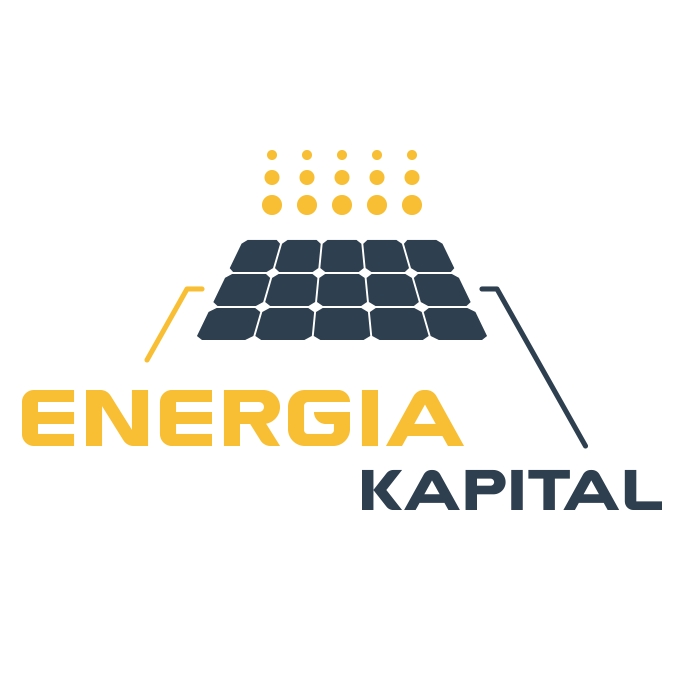How sustainable energy solutions can benefit your business
In today's rapidly evolving business landscape, the shift towards sustainable energy solutions is not just a trend but a necessity. As businesses strive to reduce their carbon footprint and enhance operational efficiency, sustainable energy solutions offer a viable pathway to achieving these goals. These solutions encompass a range of technologies and practices designed to minimize environmental impact while maximizing energy efficiency and cost savings.
The Importance of Sustainability in Business
Sustainability has become a cornerstone of modern business strategy. Companies that prioritize sustainable practices are better positioned to meet the demands of environmentally conscious consumers and stakeholders. Moreover, sustainability is increasingly linked to financial performance, with sustainable businesses often outperforming their less environmentally conscious counterparts. By integrating sustainable energy solutions, businesses can demonstrate their commitment to environmental stewardship and corporate responsibility.
Key Benefits of Sustainable Energy Solutions
One of the most compelling reasons for businesses to adopt sustainable energy solutions is the potential for significant cost savings. By reducing energy consumption and optimizing energy use, businesses can lower their utility bills and operational costs. Additionally, investments in renewable energy sources such as solar or wind can lead to long-term savings by reducing reliance on traditional energy providers.
Sustainable energy solutions often involve the implementation of advanced technologies and practices that enhance energy efficiency. This includes the use of energy-efficient lighting, heating, and cooling systems, as well as smart energy management systems that optimize energy use in real-time. By improving energy efficiency, businesses can reduce waste and improve overall operational performance.
In an era where consumers are increasingly concerned about environmental issues, businesses that adopt sustainable practices can enhance their brand image and reputation. By showcasing a commitment to sustainability, companies can attract environmentally conscious customers and differentiate themselves from competitors. This can lead to increased customer loyalty and a stronger market position.
As governments worldwide implement stricter environmental regulations, businesses must ensure compliance to avoid penalties and legal issues. Sustainable energy solutions can help businesses meet regulatory requirements by reducing emissions and improving energy efficiency. This not only ensures compliance but also positions businesses as leaders in environmental responsibility.
By investing in sustainable energy solutions, businesses can achieve greater energy security. Renewable energy sources such as solar and wind provide a reliable and consistent energy supply, reducing dependence on fossil fuels and mitigating the risks associated with energy price volatility. This long-term energy security is crucial for businesses looking to maintain stable operations and protect against future energy challenges.
Implementing Sustainable Energy Solutions
The first step in implementing sustainable energy solutions is conducting a comprehensive energy audit. This involves assessing current energy use and identifying areas for improvement. Energy audits provide valuable insights into energy consumption patterns and highlight opportunities for cost savings and efficiency improvements.
Transitioning to renewable energy sources is a key component of sustainable energy solutions. Businesses can invest in solar panels, wind turbines, or other renewable technologies to generate clean energy on-site. This not only reduces reliance on traditional energy providers but also contributes to a reduction in greenhouse gas emissions.
Implementing advanced energy management systems allows businesses to monitor and control energy use in real-time. These systems provide detailed insights into energy consumption patterns and enable businesses to optimize energy use, reduce waste, and improve efficiency. By leveraging data-driven insights, businesses can make informed decisions about energy use and sustainability initiatives.
Partnering with experienced energy experts is crucial for businesses looking to implement sustainable energy solutions effectively. Energy experts can provide guidance on the best technologies and practices for achieving sustainability goals. They can also assist with the design, implementation, and management of energy solutions, ensuring a seamless transition to sustainable practices.
Overcoming Challenges in Transitioning to Sustainable Energy
While the benefits of sustainable energy solutions are clear, businesses may face challenges in transitioning to these practices. Common challenges include upfront costs, technological complexity, and resistance to change. However, with careful planning and the right partnerships, businesses can overcome these challenges and successfully implement sustainable energy solutions. By taking a proactive approach and leveraging available resources, businesses can achieve their sustainability goals and reap the benefits of a more sustainable future.






Comments (0)